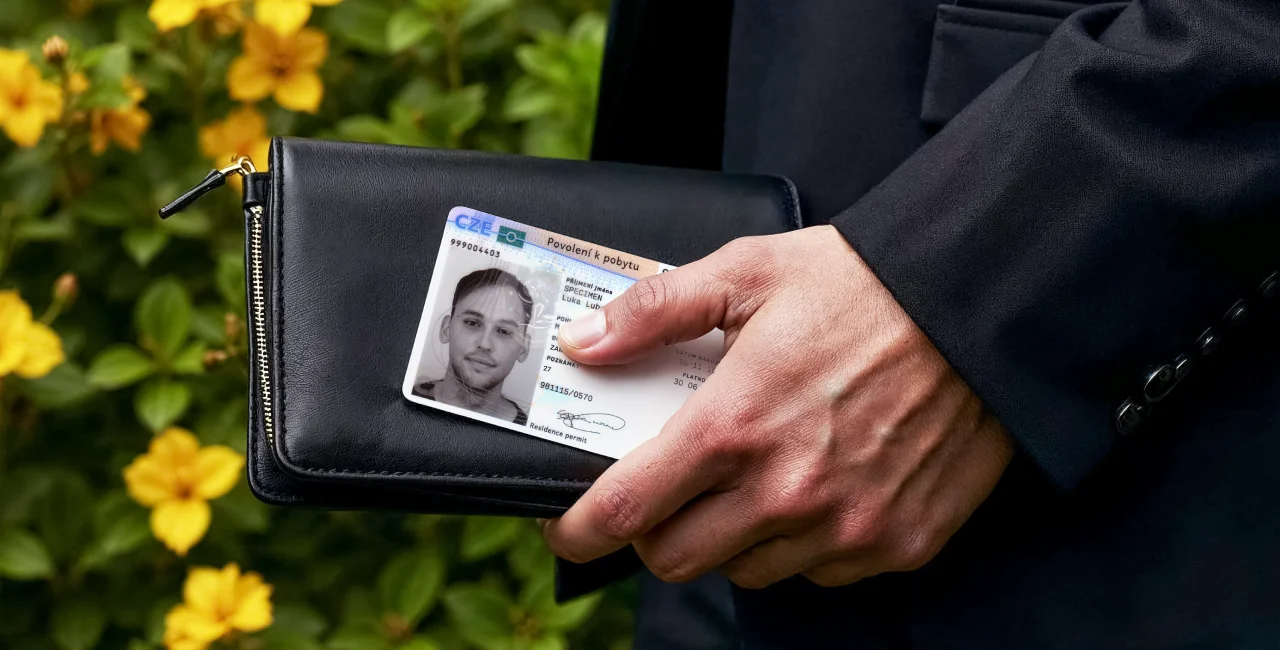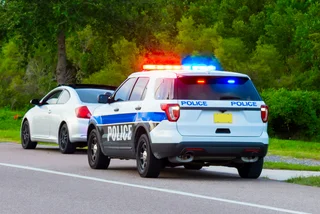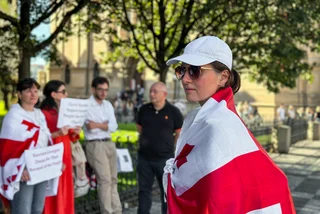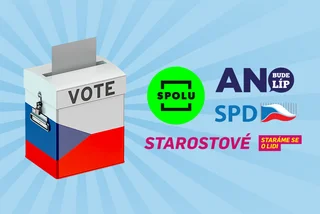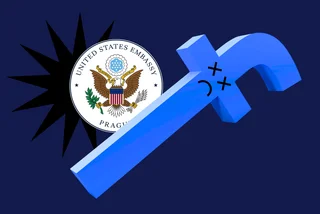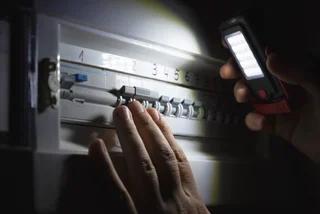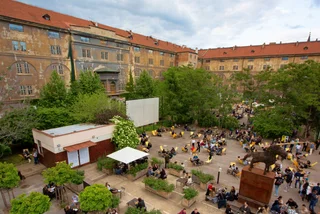Prague police detained 19 foreigners without valid residence permits during a targeted operation on July 17, raising questions about what documentation foreign nationals are legally required to carry and what can happen if they don’t.
More than 100 officers took part in the action, focusing on hostels, restaurants, and other city-center businesses. Authorities issued nearly 40 fines and cited several accommodation providers for failing to meet registration obligations, according to the Czech Press Agency (ČTK).
PARTNER ARTICLE
“We will continue these types of checks,” a police spokesperson told ČTK, citing ongoing reports of illegal work and unregistered stays.
As Czechia steps up enforcement of immigration laws, long-term residents and legal migrants may have questions about what documentation they need to carry, if any. Here’s what to know about your rights and obligations as a foreign national.
What happens during a police check?
According to the Global Detention Project, Czech police have the legal right to conduct foreign police checks. These can occur in public spaces, on transport, or during organized operations. Officers may request identification, proof of legal stay, and accommodation registration documents.
If a person cannot present valid documents on the spot, police may attempt to verify their identity electronically, escort them to a station, or initiate administrative proceedings in more serious cases.

What documents are foreigners required to carry?
Under the Czech Aliens Act (Act No. 326/1999 Coll.), non-EU nationals, including long-term and permanent residents, must always carry proof of legal stay. This typically means a biometric residence permit or a valid passport with visa.
EU citizens are not required to carry a residence permit but must carry a valid passport or national ID card. If staying longer than 30 days, they must also register their address with the Foreign Police.
Many embassies emphasize that residents should “carry their residence permit at all times” to avoid issues during spot checks, inconvenient as it may seem.
While keeping a photo of relevant documents stored in your phone is a good idea, legal experts and immigration advisers in Czechia acknowledge that carrying the relevant immigration documents remains a legal requirement under Czech law.
What are the penalties?
The Czech Interior Ministry confirms that administrative expulsion can be initiated for individuals found to be staying illegally. Fines may be issued for minor infractions, such as not carrying a residence card but having legal status.
Accommodation providers may also be penalized for failing to report or register foreigners, as was the case in the July 17 operation.
Are these checks legal, and are they becoming more common?
According to Czech law, police may stop individuals based on reasonable suspicion or as part of targeted operations. While arbitrary profiling is not allowed, the Global Detention Project reports that checks have become more frequent in areas with large foreign populations or known violations.
If you’re a legal resident, most interactions are brief and routine. Being informed, however, can help prevent unnecessary stress or escalation. As a precaution, keep an up-to-date copy of your health insurance, emergency contacts, and (if you don’t speak Czech) a translated statement of your status or a note directing police to your legal documents.
You have a right to:
- Request a translator if you don’t understand Czech
- Ask police to identify themselves and explain the reason for the check
- Contact your embassy or consulate if detained.
- File a complaint with the Czech Public Defender of Rights (Ombudsman) if you believe your rights were violated.













 Reading time: 3 minutes
Reading time: 3 minutes 